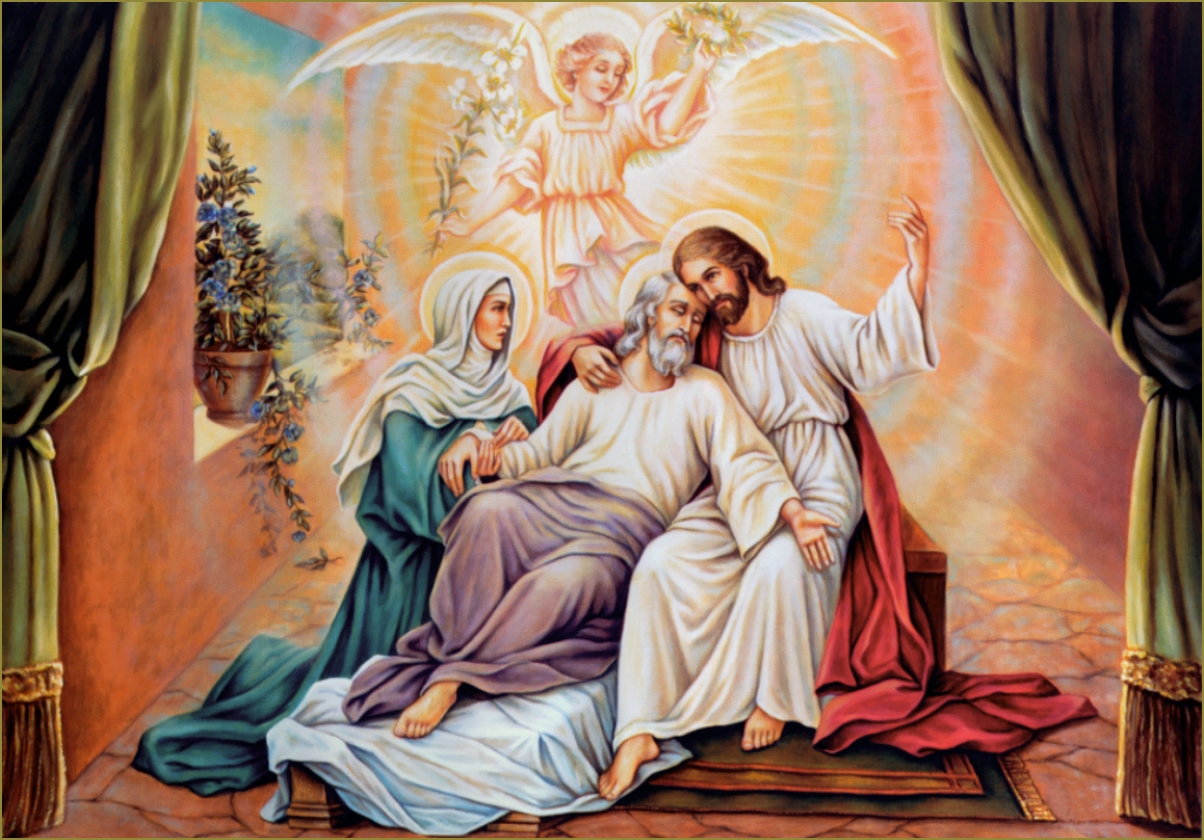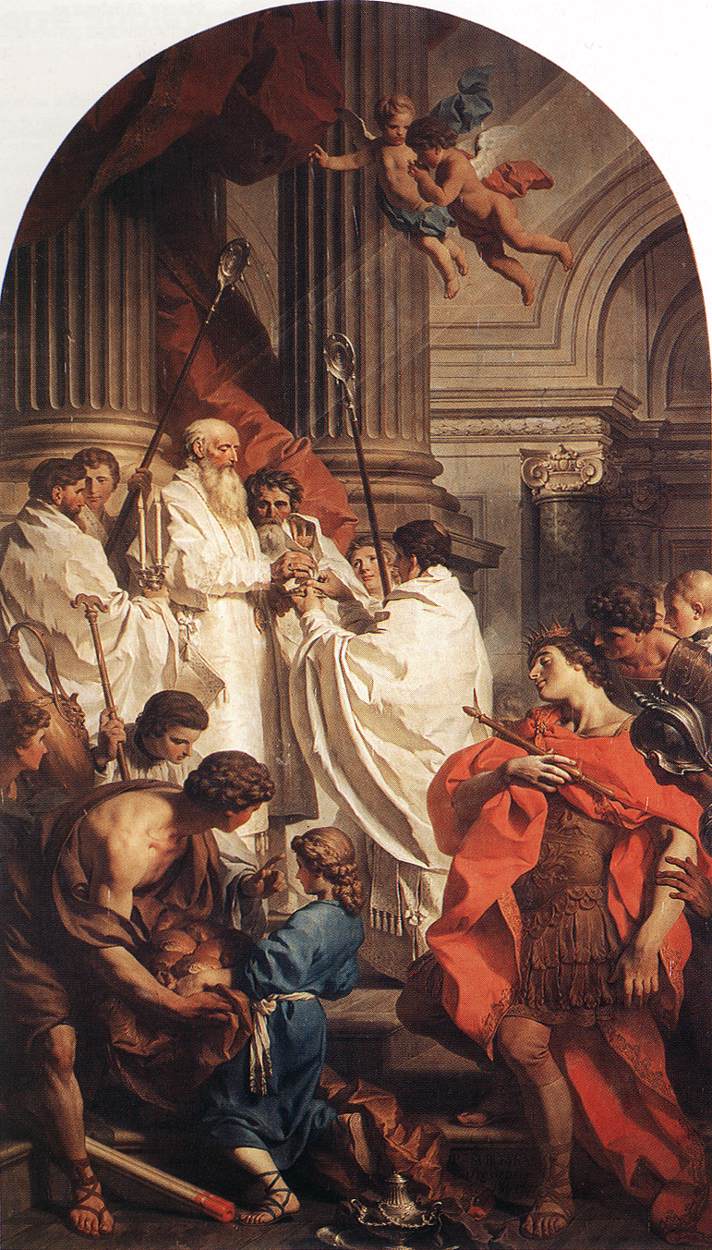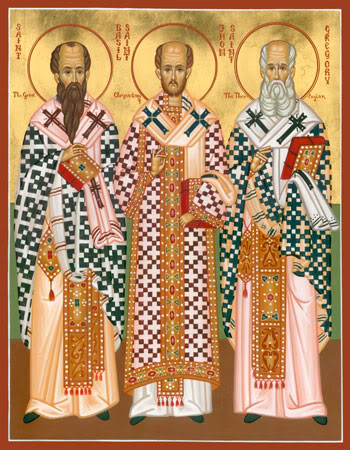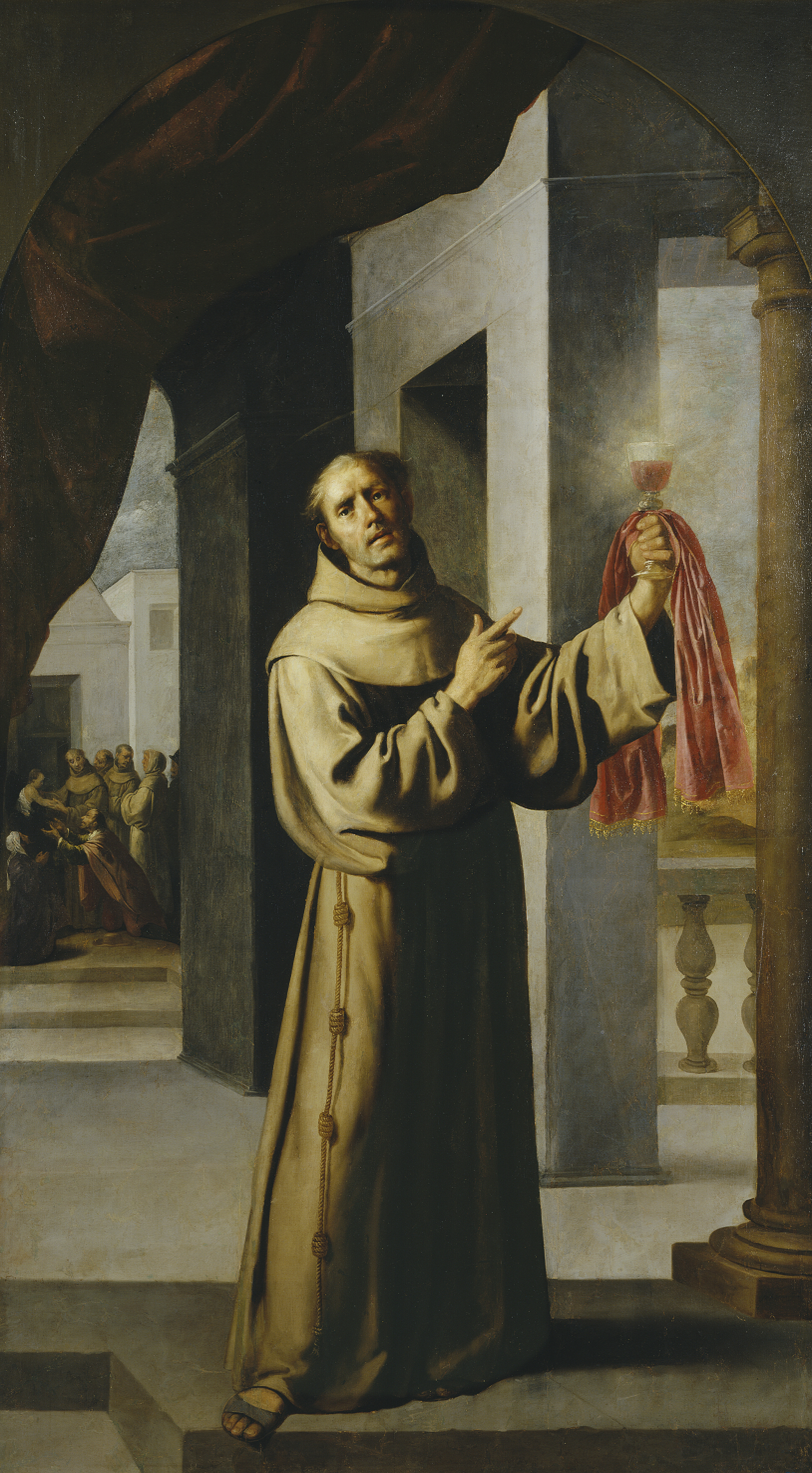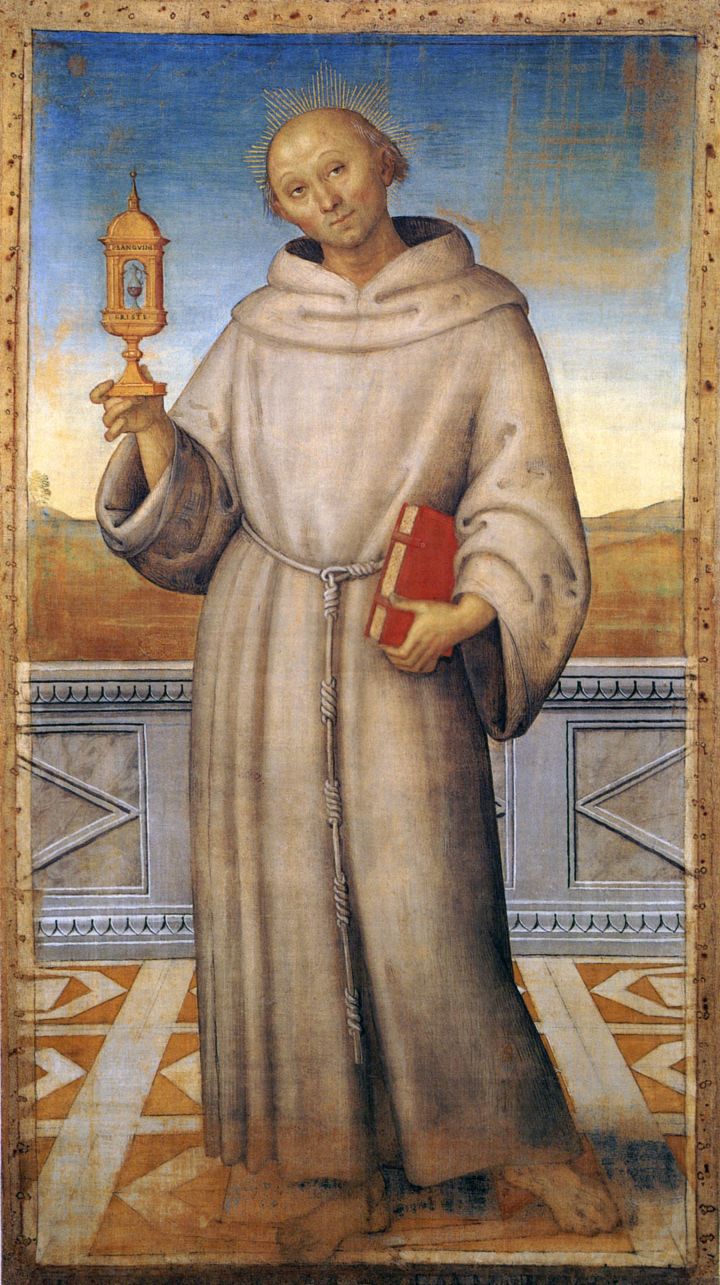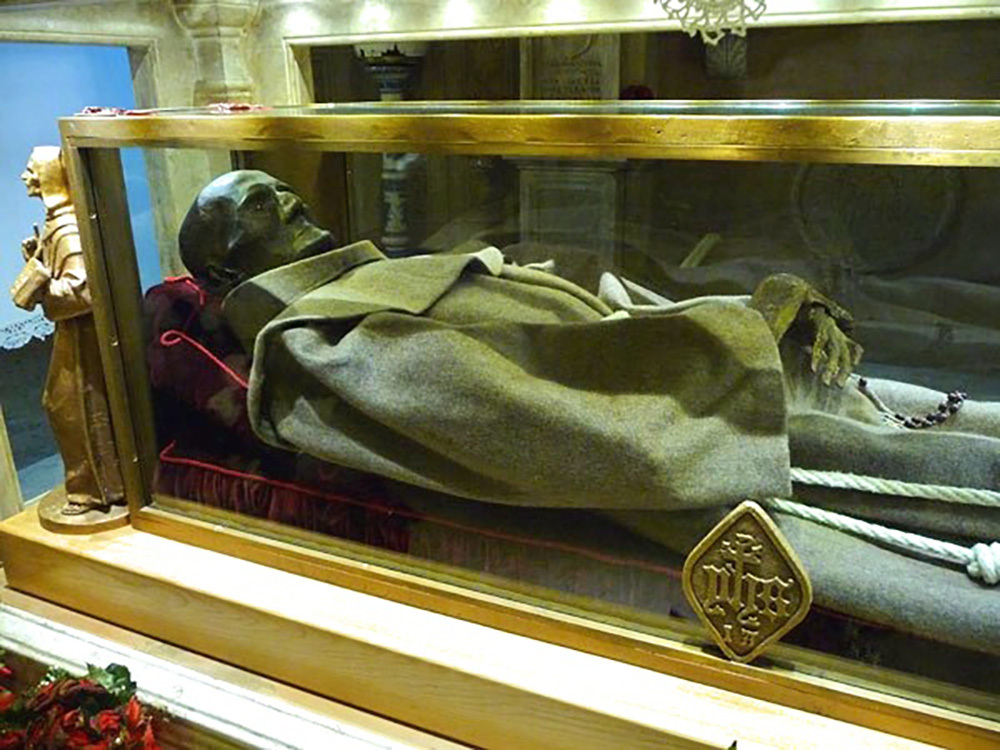A little preamble is in order here. Protestant understanding of grace and Catholic understanding of grace are very different. This distinction is often overlooked and generally misunderstood, yet it is perhaps the singularly most significant separating difference between Protestantism and Catholicism.
Generalizing across Protestant denominations, mea culpa, “sola fides”, or the doctrine of “by faith alone” implies once one is “saved” by turning from sin and accepting Jesus Christ as Lord and Savior in faith, that is all that is required. “Once saved, always saved”, as the saying goes.
Martin Luther was a preacher and author of strong hyperbole. He is often misquoted, or quoted out of context saying “Be a sinner, and let your sins be strong”, or “sin all the more” once saved. Protestant theology is NOT recommending sin here, but rather implying no sin is stronger than the saving power of Christ. True.
However, Catholics believe the grace of salvation, too, is freely given and unmerited. However, Catholicism does put a bit more emphasis on free will, and while grace is a free, unmerited gift, through free will we have the power to reject His love subsequent to our initial acceptance and baptism through our actions and choices.
Think of how a human relationship works, which I have ALWAYS found to be an excellent metaphor for relating to God, and you can see more clearly the Catholic perspective. God loves us too much to rescind the divine authority He has given us in free will. There is no authentic love, human or divine, without free will, according to Catholicism. Hence, the need, as Catholicism states, for the “Grace of Final Perseverance”.
“Mortal sin” is called mortal because the sin is so grave and intentional, again through free will, that it “kills”/destroys the life of grace within us. It is the life of grace within us which is the relationship with God. God didn’t change His mind. We did, and proved it through our choices and actions in free will.
http://www.pewforum.org/2015/05/12/americas-changing-religious-landscape/
“Faith of our fathers, holy faith, we will be true to thee till death…”
-by Nicholas Hardesty, author PHAT Catholic Apologetics
“Final perseverance is that last grace which confirms us in the Lord at the moment of death. It is a free gift of God that preserves or maintains the state of grace in our souls so that we can die in that state. You are in a state of grace when your soul is in righteous standing before God. This gift preserves that state by enabling our will to cooperate with the various means of receiving grace, namely prayer and the sacraments.
The grace of final perseverance also implies that death comes when we are in that state of grace, and not in a state of mortal sin. By that I mean, when a person prays for the grace of final perseverance, he is also praying that death will come in a timely manner, when his soul is in righteous standing before God.
According to Blessed John Henry Cardinal Newman, final perseverance is basically God practicing his stewardship or loving care over our souls. It is, “an ever watchful superintendence of us on the part of our All-Merciful Lord, removing temptations which He sees will be fatal to us, comforting us at those times when we are in particular peril, whether from our negligence or other cause, and ordering the course of our life so that we may die at a time when He sees that we are in the state of grace.”
Final perseverance can be seen as a single gift of grace, or as the body or collection of graces we have received throughout our whole lives, all coming together to affect our final end. As a single gift, we are reminded of the Good Thief crucified alongside Jesus, who, after living a life of sin, was compelled to convert in his final hour after witnessing the example of Jesus. The grace of final perseverance made that possible.
As a body of graces, we think of the life-long Catholic who sticks ever closer to the sacraments and is evermore devoted to prayer as his age advances and his health deteriorates. And then, when death is surely near, he calls upon the priest to make his last Confession, to receive Viaticum, and to be Anointed. In this case, the grace of final perseverance was actually working throughout his whole life, compelling him to perform the various pious practices that brought him now, in his final hour, to death in the state of grace.
What an extraordinary gift this would be to receive! Extraordinary … and necessary, since we cannot go to heaven without dying in a state of grace. What’s more, this gift only comes by way of God’s merciful response to our entreating Him for it in prayer. This is basically what we’re doing when we say in the Our Father, “Lead us not into temptation, but deliver us from evil” (cf. CCC nos. 2849, 2854), and in the Hail Mary, “Pray for us sinners, now and at the hour of our death.” We are praying for the gift of final perseverance.
Scripture mentions final perseverance in several places:
Ezek 18:24-28 But when a righteous man turns away from his righteousness and commits iniquity and does the same abominable things that the wicked man does, shall he live? None of the righteous deeds which he has done shall be remembered; for the treachery of which he is guilty and the sin he has committed, he shall die. 25 “Yet you say, ‘The way of the Lord is not just.’ Hear now, O house of Israel: Is my way not just? Is it not your ways that are not just? 26 When a righteous man turns away from his righteousness and commits iniquity, he shall die for it; for the iniquity which he has committed he shall die. 27 Again, when a wicked man turns away from the wickedness he has committed and does what is lawful and right, he shall save his life. 28 Because he considered and turned away from all the transgressions which he had committed, he shall surely live, he shall not die.
Wis 4:10-15 There was one who pleased God and was loved by him, and while living among sinners he was taken up. 11 He was caught up lest evil change his understanding or guile deceive his soul. 12 For the fascination of wickedness obscures what is good, and roving desire perverts the innocent mind. 13 Being perfected in a short time, he fulfilled long years; 14 for his soul was pleasing to the Lord, therefore he took him quickly from the midst of wickedness. 15 Yet the peoples saw and did not understand, nor take such a thing to heart, that God’s grace and mercy are with his elect, and he watches over his holy ones.
Mt 10:22 and you will be hated by all for my name’s sake. But he who endures to the end will be saved.
Jn 17:11 And now I am no more in the world, but they are in the world, and I am coming to thee. Holy Father, keep them in thy name, which thou hast given me, that they may be one, even as we are one.
Rom 11:22-23 Note then the kindness and the severity of God: severity toward those who have fallen, but God’s kindness to you, provided you continue in his kindness; otherwise you too will be cut off. 23 And even the others, if they do not persist in their unbelief, will be grafted in, for God has the power to graft them in again.
Rom 14:4 Who are you to pass judgment on the servant of another? It is before his own master that he stands or falls. And he will be upheld, for the Master is able to make him stand.
1 Cor 15:1-2 Now I would remind you, brethren, in what terms I preached to you the gospel, which you received, in which you stand, 2 by which you are saved, if you hold it fast—unless you believed in vain.
Gal 5:1 For freedom Christ has set us free; stand fast therefore, and do not submit again to a yoke of slavery.
Phil 1:6 And I am sure that he who began a good work in you will bring it to completion at the day of Jesus Christ.
Phil 4:7 And the peace of God, which passes all understanding, will keep your hearts and your minds in Christ Jesus.
Col 1:21-23 And you, who once were estranged and hostile in mind, doing evil deeds, 22 he has now reconciled in his body of flesh by his death, in order to present you holy and blameless and irreproachable before him, 23 provided that you continue in the faith, stable and steadfast, not shifting from the hope of the gospel which you heard, which has been preached to every creature under heaven, and of which I, Paul, became a minister.
1 Thes 5:23-24 May the God of peace himself sanctify you wholly; and may your spirit and soul and body be kept sound and blameless at the coming of our Lord Jesus Christ. 24 He who calls you is faithful, and he will do it.
2 Tim 2:12 if we endure, we shall also reign with him; if we deny him, he also will deny us;
1 Pet 5:10 And after you have suffered a little while, the God of all grace, who has called you to his eternal glory in Christ, will himself restore, establish, and strengthen you.
2 Pet 1:10 Therefore, brethren, be the more zealous to confirm your call and election, for if you do this you will never fall;
In my mind, any passage that refers to the importance of enduring to the end, continuing in His kindness, standing fast, etc. is also a passage about this grace.”
Love,
Matthew

